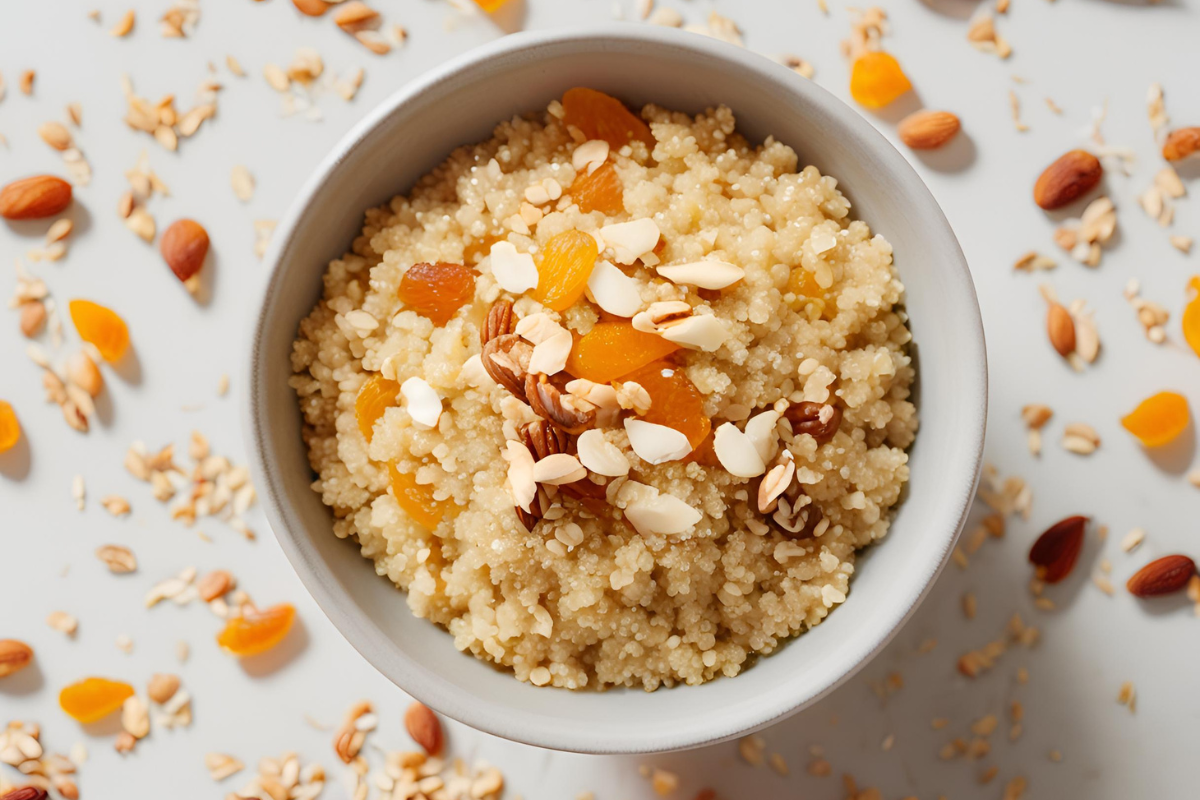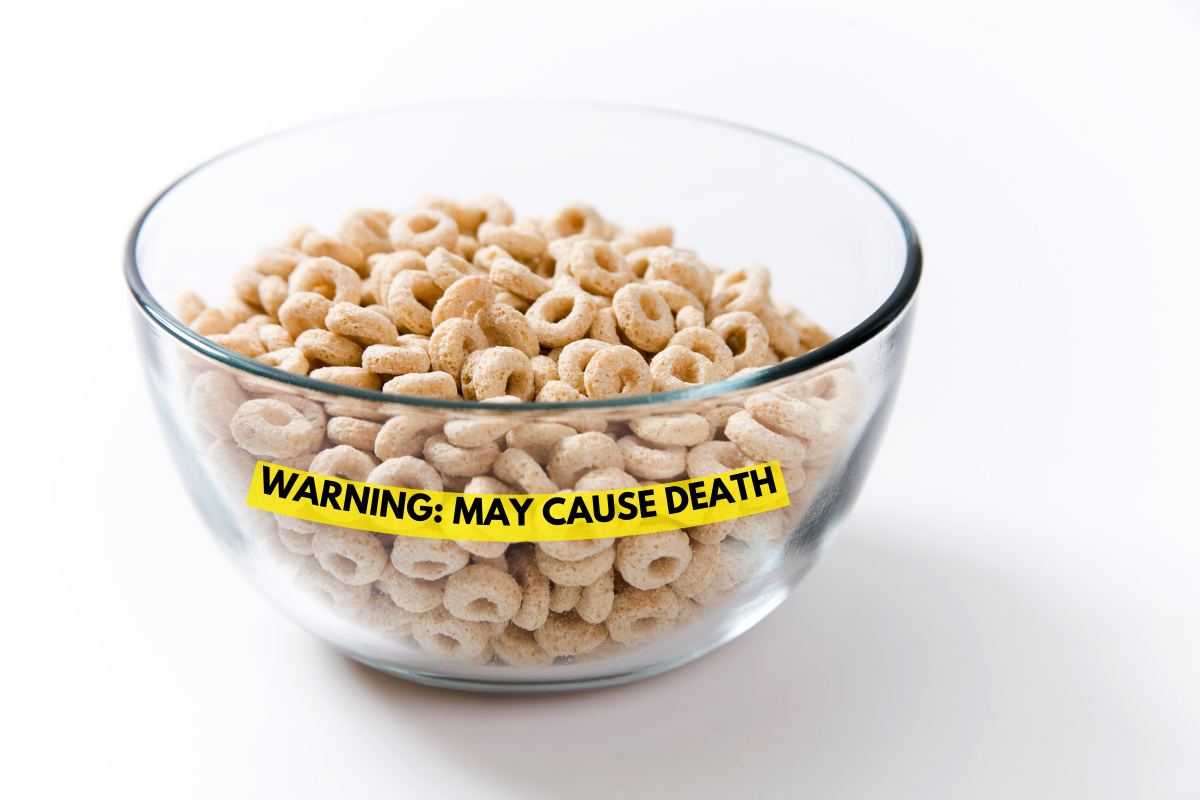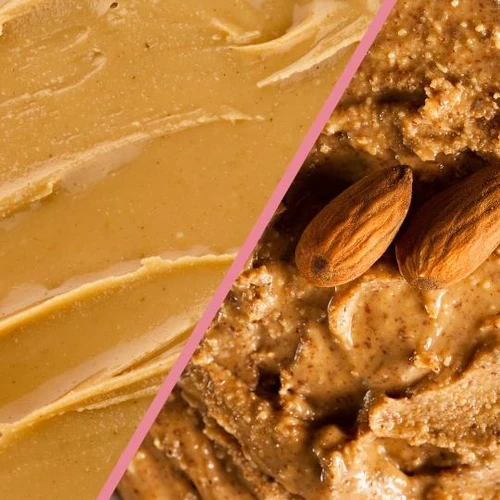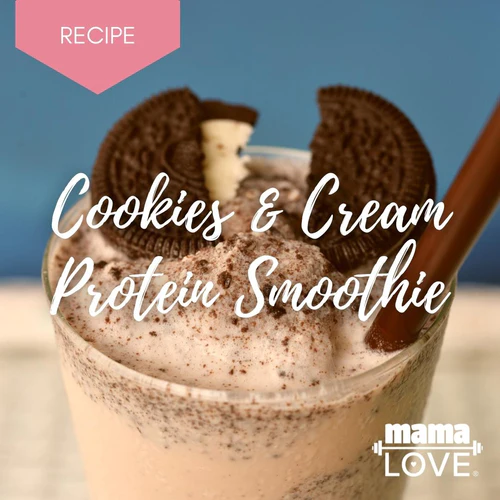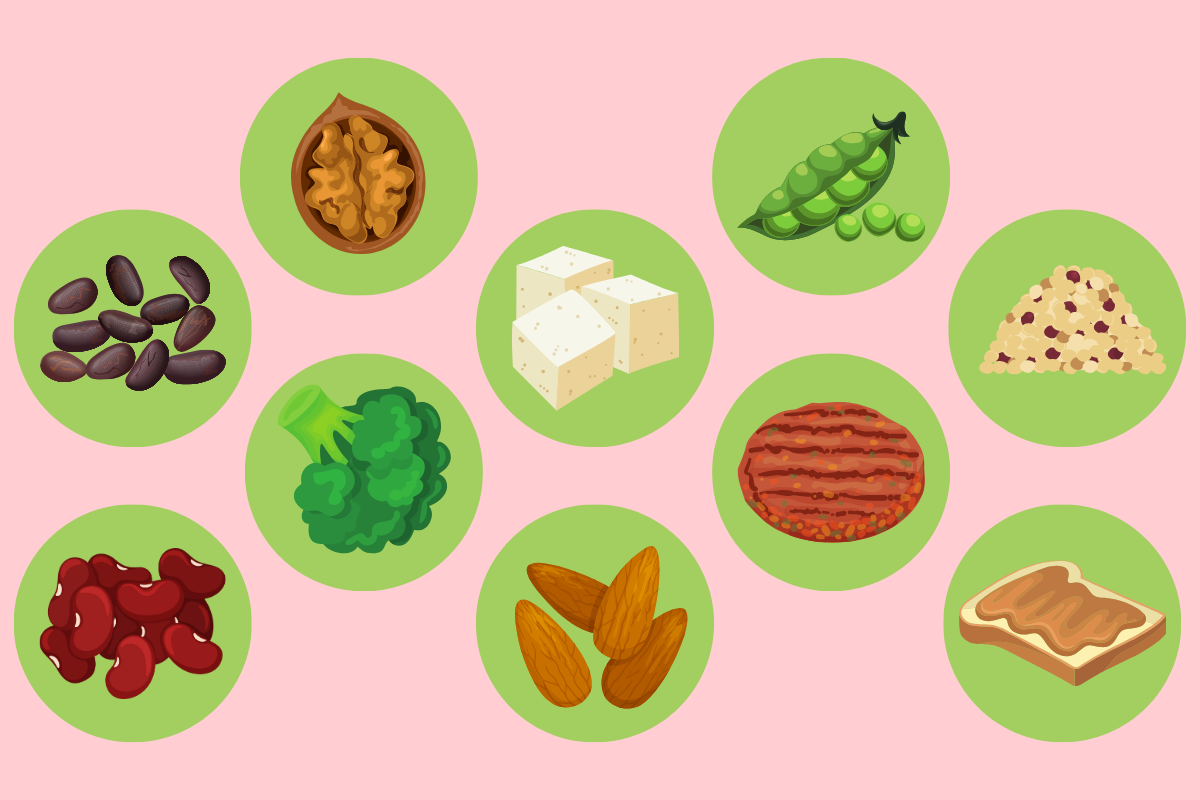
You have just faced the biggest challenge nature will ever throw at you — giving birth. You’re ready to sleep, eat and cuddle with your new bundle of joy. But the truth is, there’s another rollercoaster of emotions coming your way. Your baby is now totally reliant on you for their nutrition. It can feel overwhelming, but it will get easier in time. So, here’s some guidance on the journey of breastfeeding from the experts themselves: moms.
Until I became a mother for the first time, I thought breastfeeding would be a cinch. After all, babies are programmed to do it—just 12 weeks after conception they figure out how to suck their thumbs in the womb to prepare for nursing (1). That means it should be easy, right? Wrong. Breastfeeding wasn’t a breeze for me, and I’m not the only mom who felt that way.
Lots of Moms Worry About Making Enough Milk
From the beginning of her journey, Elizabeth Wells, a nutritionist and mom of one, was worried about the amount of colostrum she produced. Colostrum, the first milk a mother’s breasts make when lactation begins, is packed with nutrients. And while only a small amount is produced in the first few days postpartum, it provides all the nutrition your baby needs (2).
“I didn’t know whether my baby was getting enough colostrum or not,” Elizabeth explains. “I didn’t like that couldn’t measure exactly how much she was drinking. I wanted to guarantee she was getting the nutrition she needed, so I ended up pumping milk and feeding [my daughter] May from a bottle,” she says. “It was the best way for me to see exactly how much milk she was getting.”
It’s important to find solutions that can help you feel more confident during your breastfeeding journey. Switching to a bottle gave Wells peace of mind and eased some of the anxiety she had about feeding her daughter. Whether you breastfeed directly or pump your milk for bottle sessions, fed is always best.
Concerns that you’re not producing enough milk are common—especially among first-time moms, but research (not to mention physical evidence—hello, population growth) shows most mothers are able to make enough milk to meet the needs of their babies. So, rest assured, that as long as you breastfeed often (offer both breasts, at least 10 times in 24 hours) and see the signs of a healthy, happy baby (lots of wet diapers, good complexion, and weight gain) (3), your boobs are working and you are a wonder woman!
Breastfeeding Feels Lonely for Some Moms
The round-the-clock cycle of breastfeeding can be lonely—you’re the only one who can do it, and unfortunately your baby doesn’t show much verbal gratitude in the beginning. For Jaimee Bell, an author and mother of one, breastfeeding was a challenge. “As an emergency c-section mom, my milk didn’t come in straight away, and the early weeks were full of pumping in between feeds,” she shares. “From feeding my son to pumping, I felt like that’s all my life was — sitting on the couch, trying to get the milk to flow.”
Reframing the activity can help. Binge-watching a juicy television series can make this demanding time feel more like a treat. And if you feel up to it, breastfeeding could even be the perfect opportunity to meditate.
Not sure where to begin? Steve Halsall, a celebrity trainer and wellness mentor, suggests focussing on your breath while baby nurses. Notice how each inhale and exhale feel, letting thoughts and worries simply pass through your mind.
Meditation is an excellent way to reduce stress and help battle depression. One study links stress hormones to reduced milk production and lower milk transfer (4), and meditating while breastfeeding encourages the release of oxytocin, a hormone that produces feelings of love and attachment and encourages milk let down. Some women experience a 63% increase in milk production when they use this relaxation technique while directly breastfeeding or pumping (5).
Exercise can also increase the level of oxytocin in the brain, as well as the feel-good hormone dopamine, but Halsall recommends keeping it light. Try going for walks with baby in the stroller or doing gentle yoga to chase away loneliness and ease baby blues, in the early days postpartum. “And always check with your doctor first, before beginning a new exercise regimen,” he says.
Eating Well Can Be a Challenge for Moms
Getting mom’s nutrition right is also important for breastfeeding. “When my milk supply eventually came in, my son was extremely constipated,” says Bell, who realized she needed to change her own eating habits to correct things. “I drank more water, cut certain foods out of my diet, like [dairy] and sugar, and added in things, like oats, until eventually that sorted itself out.”
Breastfeeding moms tend to be hungry, and rightly so—you need an extra 450 to 500 calories per day (6). But you don’t just want to reach for processed bars and packaged foods. Having plenty of water and quick, nutritious snacks on hand can help you stay hydrated and satiated during those sleep-deprived days.
Nutrient-dense veggies, easy-to-grab fruits, nuts, oatmeal, and fresh smoothies made with plant-based protein powder are all great options to help you stay energized and keep your milk flowing.
Timing Breastfeeding Sessions Can Be a Struggle
Elena Rainero, a research scientist and university lecturer, was presented with a unique challenge on her breastfeeding journey with twins—timing.
“One baby was feeding more often than the other in the beginning, and the timing of the feeds was difficult to manage,” says Rainero. Plus, “taking one out of their [swaddle] while the other one is feeding is tricky!” But she eventually settled into tandem feeding (a feat to set up when she was home alone!) and got the twins on the same eating schedule.
Whether you’re dealing with a singleton or multiple babies, establishing and maintaining a routine can help breastfeeding feel easier overall. You’ll know your baby is nourished and you’ll be able to create a little down time for yourself that you can look forward to between feeds.
As mothers, we’re thrown many unexpected curve balls during our breastfeeding journeys. Issues and stress can form over any number of things, from milk supply to pumping equipment, nutrition to time management, there’s a lot to think about. But it’s important to remember you’re not alone—lots of moms have been there, and you are more than capable of overcoming any challenge. Call a friend, move your body, have something to eat, remember to breathe, and relax (as best as you can) into this time with your baby. Breastfeeding is hard, but it’s also a beautiful opportunity for you to bond with your little one.
Sources
- Aarts C, Hornell Agneta, et al. (1999) Breastfeeding Patterns in Relation to Thumb Sucking and Pacifier Use. National Library of Medicine
- Ballard O, Morrow AL. (2014) Human Milk Composition: Nutrients and Bioactive Factors. US National Library of Medicine
- Noonan M. (2013) Breastfeeding: Is My Baby Getting Enough Milk? British Journal of Midwifery
- Lau C. (2001) Effects of Stress on Lactation. National Library of Medicine
- Becker GE, Cooney F, Smith HA. (2016) Methods of Milk Expression for Lactating Women. Cochrane Library
- (2020) Maternal Diet. Centers for Disease Control and Prevention

